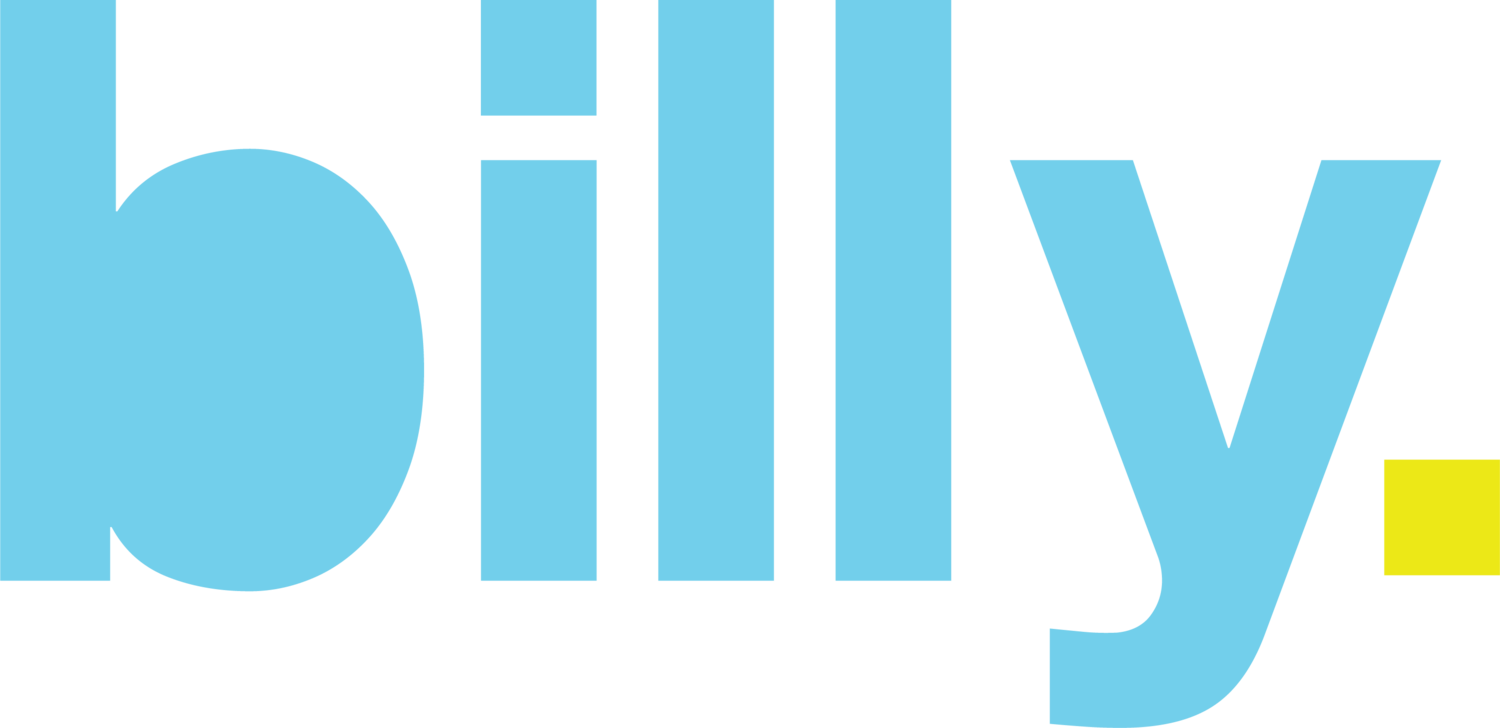Word of mouth has always been the most effective marketing channel. Getting advice on a product or service from someone you trust. Originally it was from a neighbour, friend or family member, then radio hosts and magazine editors found themselves becoming trusted advisers. Celebrities likewise. At that point marketers recognised the leverage such influencers had with a multitude of consumers.
Catch Group names Andrew Baxter to new advisory board
If sport is so popular, why is sponsorship of sport becoming more unpopular with marketers?
As the new season kicks off in Australia’s two major winter football codes, the pros and cons of sponsorship as a marketing channel are again in the spotlight. The AFL’s pre-season competition has seen fans searching Google to find out more about its new major sponsor, JLT, while Crown is reviewing its sponsorship of the NRL’s Melbourne Storm and the South Sydney Rabbitohs.
The collision of marketing and robotics: robots at your service
Selling Equality - ads can shift products and brands, but they can also change attitudes
Remember those old ads for detergent powder? You know, the ones that had stay-at-home mothers talking passionately about the whiteness of their Monday wash. They’ve been banished from Western television screens for years now, and seem extraordinarily dated. In the past 50 years we’ve seen advertising sell brands, help elect prime ministers, create vernacular in popular culture, and more recently drive powerful human movements like Earth Hour. The trend for not-for-profits and governments to promote this sort of social change through ads has included efforts to promote diversity at work and break down stereotypes about women and men





